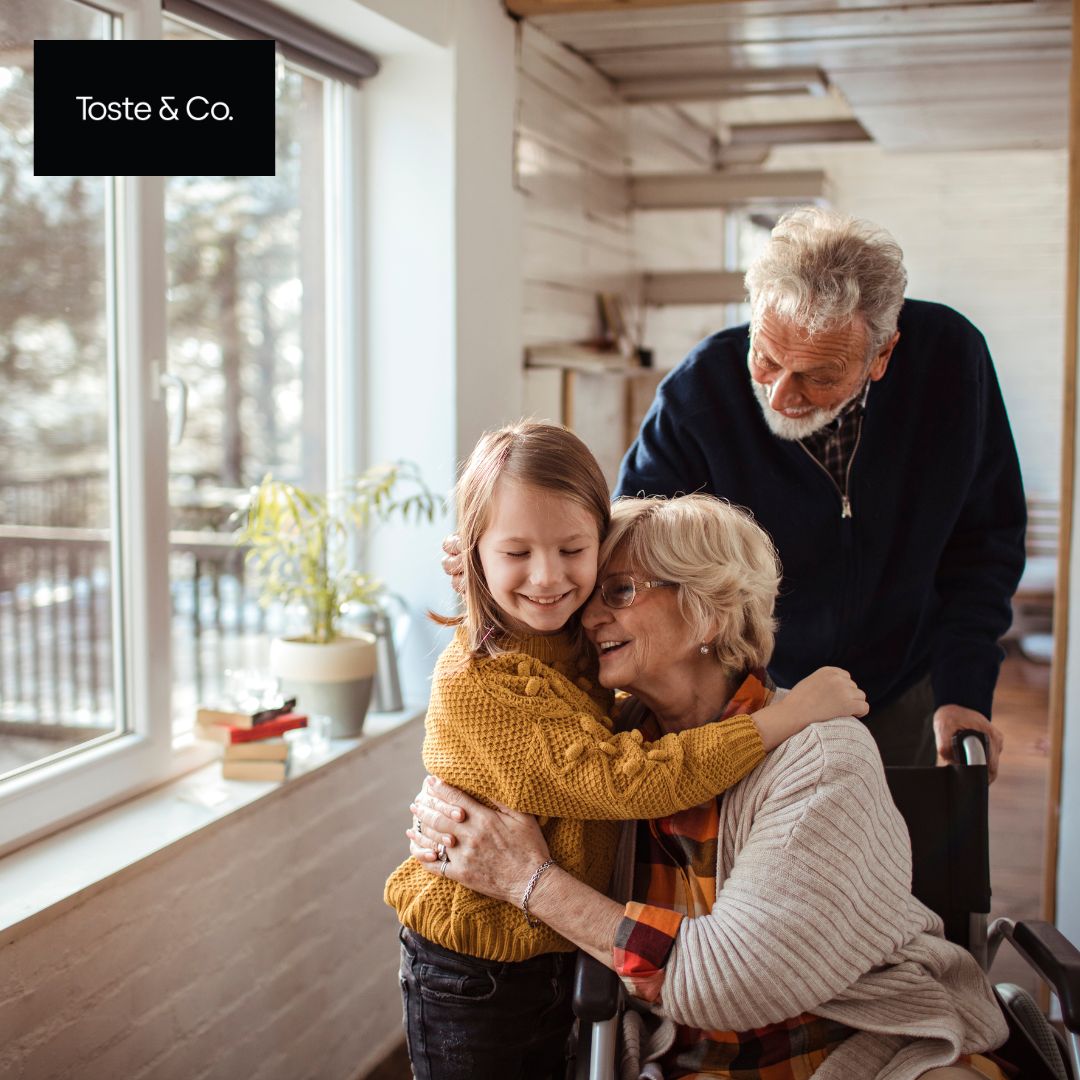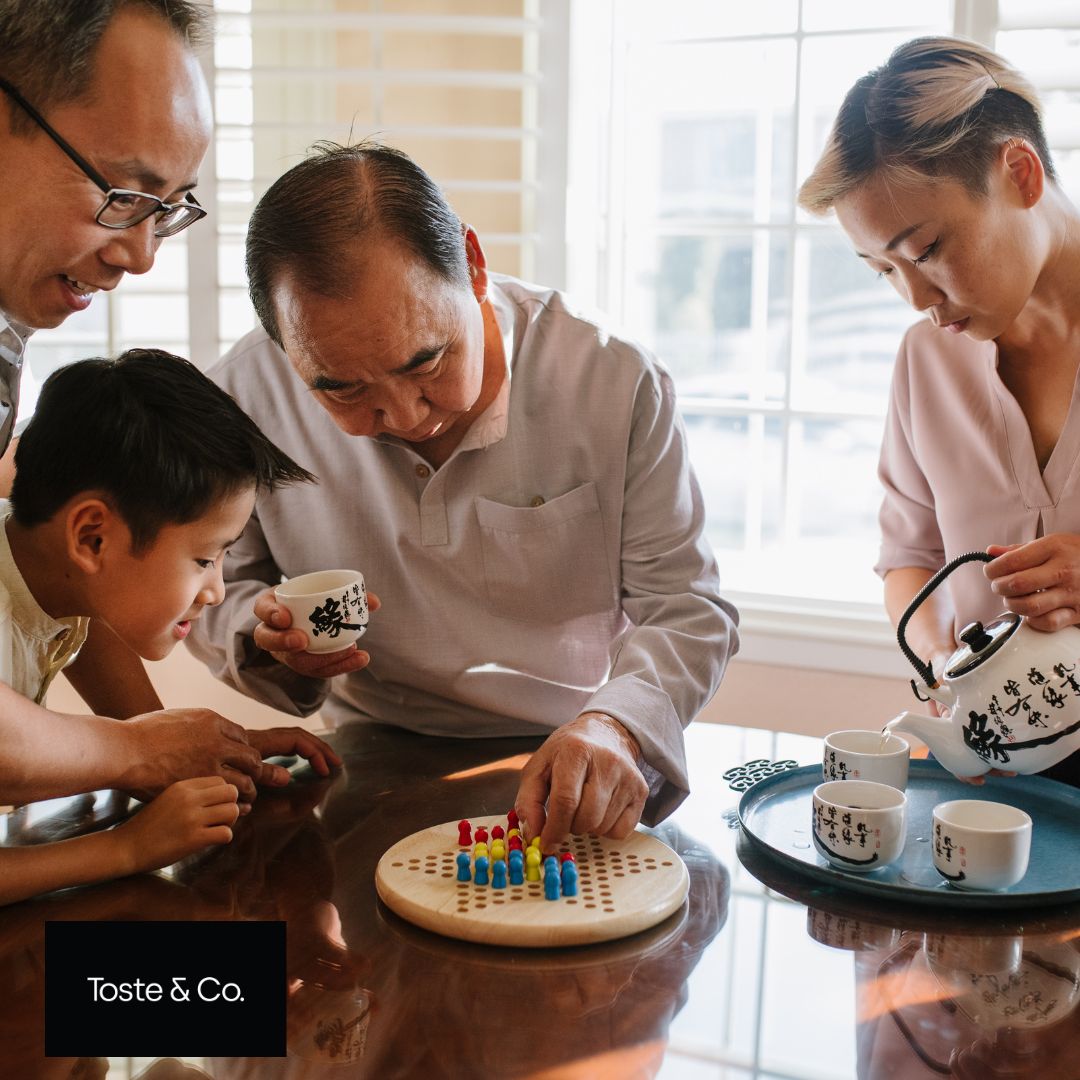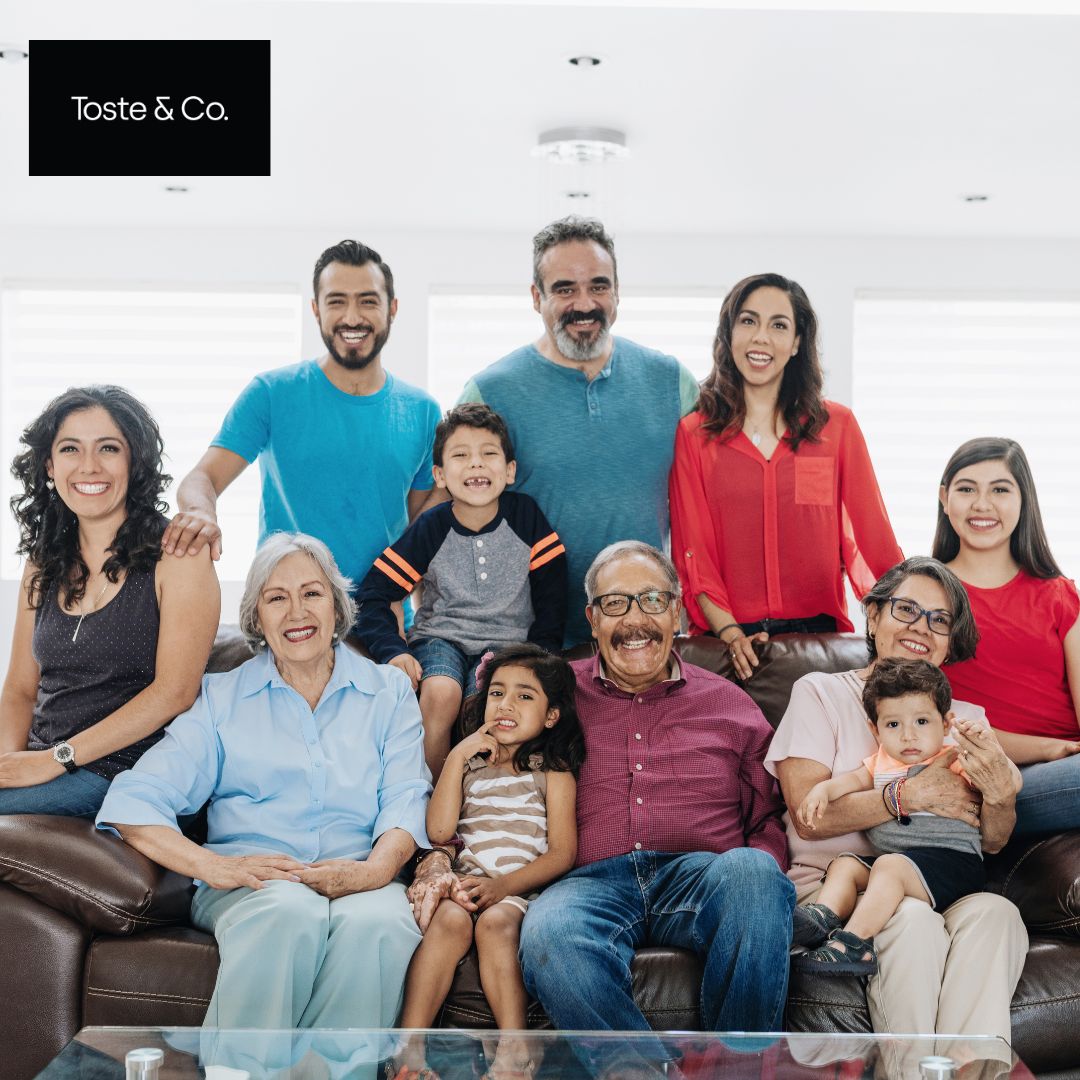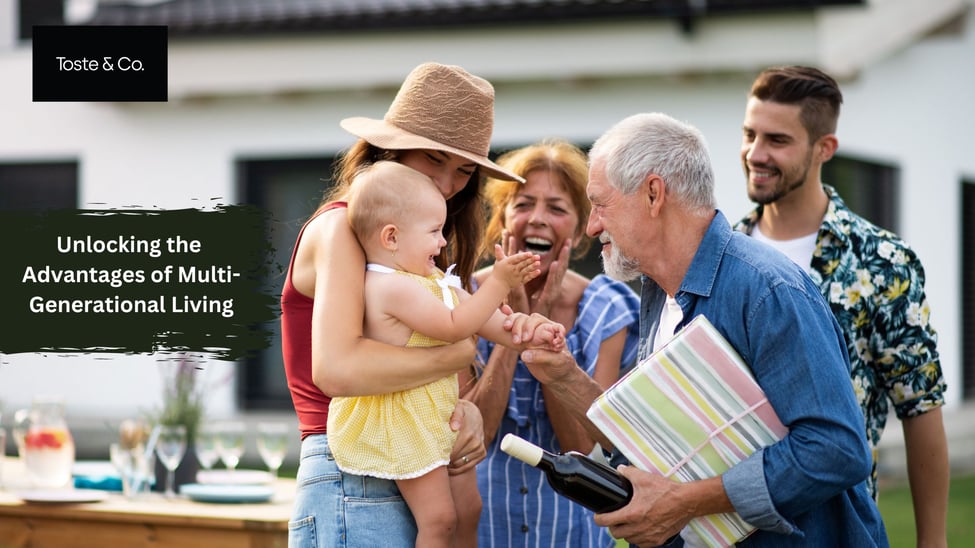In today's fast-paced world, the concept of multi-generational living is making a strong comeback. More families are choosing to live under one roof, bringing together grandparents, parents, and children. This lifestyle offers numerous benefits, from financial savings to strengthened family bonds. In this blog, we'll explore the many advantages of multi-generational homes and why this living arrangement is gaining popularity.
1. Financial Savings
One of the most significant benefits of multi-generational living is the potential for financial savings. By combining resources, families can reduce the overall cost of living. Shared expenses such as mortgage or rent, utilities, and groceries can lead to substantial savings for all household members. Additionally, families can avoid the high costs associated with senior care facilities by caring for elderly relatives at home.
2. Strengthened Family Bonds
Living in a multi-generational home fosters close-knit family relationships. It provides opportunities for family members to spend quality time together, share experiences, and support each other. Grandparents can build strong connections with their grandchildren, passing down wisdom and family traditions. Parents can benefit from having additional support in raising their children, creating a nurturing and supportive environment for everyone.
3. Shared Responsibilities
In a multigenerational household, responsibilities can be shared more evenly among family members. Household chores, caregiving duties, and other tasks can be distributed based on individual strengths and availability. This collaborative approach not only eases the burden on any one person but also teaches valuable life skills and promotes a sense of teamwork within the family.

4. Enhanced Emotional Support
Having family members close by provides a built-in support system. During challenging times, whether it's dealing with health issues, job loss, or personal struggles, family members can offer emotional support and practical assistance. This sense of security and belonging can improve mental and emotional well-being for everyone in the household.
5. Improved Quality of Life for Seniors
For elderly family members, living in a multi-generational home can significantly enhance their quality of life. They can enjoy the comfort and familiarity of being surrounded by loved ones rather than living in an unfamiliar senior care facility. Additionally, seniors can contribute to the household by helping with childcare or other tasks, giving them a sense of purpose and fulfillment.

6. Increased Safety and Security
Multi-generational homes can offer increased safety and security for all family members. Having multiple adults in the home means that someone is usually present, reducing the risk of accidents or emergencies going unnoticed. Seniors can receive immediate help if they experience health issues, and children benefit from the added supervision and care provided by their grandparents.
7. Diverse Learning Opportunities
Living with family members from different generations provides unique learning opportunities for everyone. Children can learn from the experiences and stories of their grandparents, gaining a broader perspective on life. Seniors can stay engaged and mentally active by interacting with younger family members and staying current with new technologies and trends.

8. Efficient Use of Space
Multi-generational living promotes efficient use of living space. Larger homes can be fully utilized, preventing areas from going unused. Homeowners can consider renovating or reconfiguring their homes to create separate living spaces or suites for added privacy and comfort. This approach maximizes the functionality of the home and can even increase its value.
9. Cultural Preservation
For families with strong cultural traditions, multi-generational living helps preserve cultural heritage. Grandparents can pass down customs, languages, and traditions to younger generations, ensuring that cultural values are maintained and celebrated within the family. This shared cultural experience enriches the lives of all family members and strengthens their sense of identity.

10. Flexibility and Adaptability
Multi-generational homes offer flexibility and adaptability to changing family dynamics. As the needs of family members evolve, the living arrangements can be adjusted to accommodate new circumstances. Whether it's welcoming a new baby, caring for an aging relative, or providing temporary support during a transition, multi-generational homes can adapt to meet the needs of the family.

The benefits of multi-generational homes are numerous and far-reaching. From financial savings and strengthened family bonds to enhanced emotional support and cultural preservation, this living arrangement offers a holistic approach to family life. As more families recognize the advantages of living together, multi-generational homes are becoming an increasingly popular choice. Embracing this lifestyle can lead to a richer, more fulfilling family experience, where every generation contributes to and benefits from the shared household

